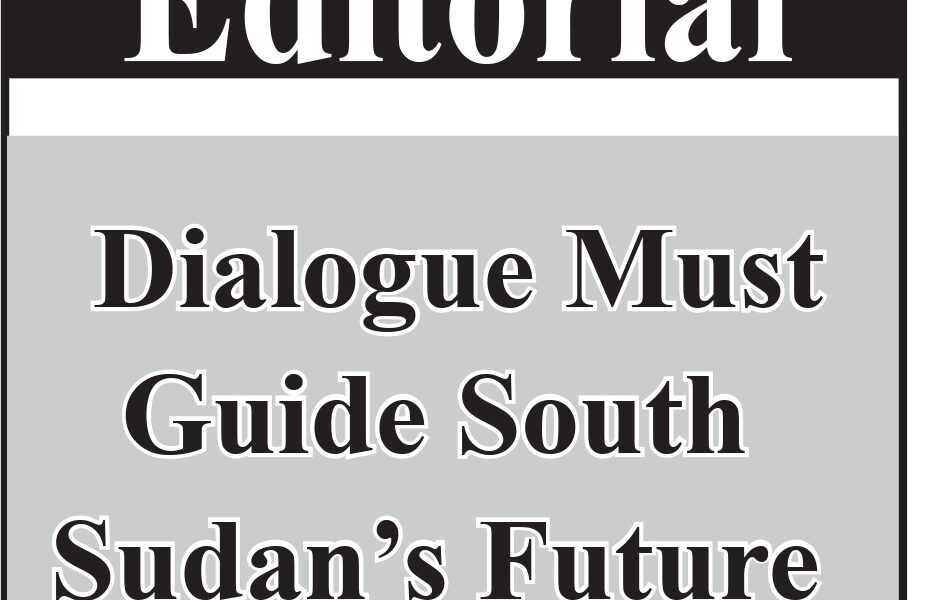Violence should never be a means to gain resources or settle grievances.
The recent tragic events in Baliet County, Upper Nile State, where innocent lives were lost and families displaced, remind us of the heavy cost of choosing conflict over dialogue.
These acts are not only unlawful and inhumane but also deeply corrosive to the long-term stability and sustainability of our nation.
Youth, in particular, must resist the lure of inter-communal conflict as a path to personal gain. Instead, they should embrace peace as the foundation for safeguarding their property, their communities, and most importantly, the future of their children.
The alleged loss of teenagers, women, and elderly people who fled into the bush’s seeking shelter is appalling. It is a stark reminder that violence does not discriminate: it destroys the vulnerable and erodes the moral fabric of society.
If such incidents continue unchecked, they threaten not only the stability of individual states but also the demographic future of South Sudan. A shrinking population caused by repeated cycles of violence undermines the very essence of nationhood.
The government must act decisively. Cattle raiding, often fueled by peer pressure and competition among armed youth, has become one of the most pressing challenges in several regions.
Stronger enforcement of laws prohibiting violence is essential. At the same time, officials must invest in educating young people, equipping them with skills and opportunities that steer them away from destructive behaviours.
Capacity-building initiatives whether in agriculture, entrepreneurship, or community leadership can transform the energy of youth into constructive contributions to society.
Peace is not merely the absence of war; it is the presence of justice, opportunity, and dialogue.
South Sudan’s leaders, citizens, and youth must unite to reject violence and embrace dialogue as the only sustainable path forward.
The future of our nation depends on it.




